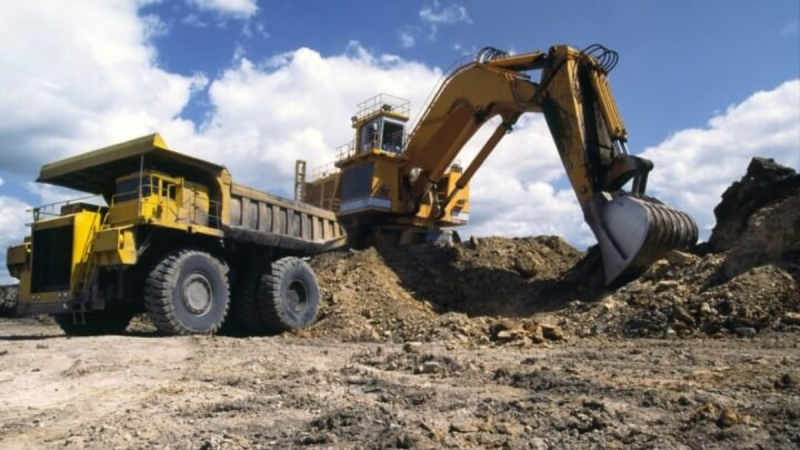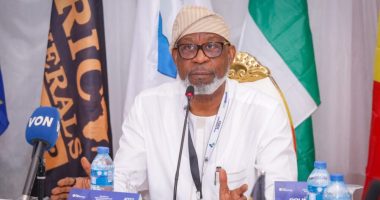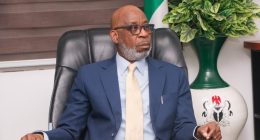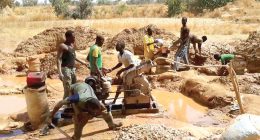Nigeria’s solid minerals sector holds immense potential to drive economic growth, reduce dependence on oil, and create job opportunities. However, the industry has struggled for decades due to inadequate regulation, illegal mining, and insufficient investment. To unlock the full potential of the mining sector, the Nigerian government has introduced various policies, regulatory frameworks, and initiatives aimed at streamlining operations, attracting investors, and promoting responsible mining. Despite these efforts, challenges persist, and more needs to be done to ensure that mining contributes significantly to national development.
One of the key government interventions in the sector is the Minerals and Mining Act of 2007, which serves as the primary legal framework governing mineral exploration and extraction in Nigeria. The Act establishes the ownership of all mineral resources by the federal government and provides guidelines for licensing, environmental protection, and investment incentives. It also mandates the creation of the Mining Cadastre Office (MCO), which oversees the issuance of mining licenses and permits in a transparent and orderly manner. This framework was designed to reduce bureaucratic bottlenecks and encourage local and foreign participation in mining activities.
However, obtaining a mining license in Nigeria remains a complex process. The licensing procedure involves multiple stages, including obtaining exploration permits, mining leases, and quarry licenses. Investors must go through the MCO, submit detailed feasibility studies, and meet stringent requirements before being granted approval. While these measures are necessary to ensure responsible mining, the slow and often cumbersome nature of the process has deterred many investors. In some cases, prospective miners face delays due to administrative inefficiencies, corruption, and land ownership disputes. If the government hopes to attract serious mining investment, there is a need to simplify and fast-track the licensing process without compromising regulatory standards.

To further stimulate growth in the mining sector, the government launched the Roadmap for the Growth and Development of the Nigerian Mining Industry in 2016. This policy document outlines strategic plans to reposition mining as a key contributor to Nigeria’s economy. The roadmap emphasises the importance of infrastructure development, improved geological data, and incentives for investors. One of the most notable outcomes of this policy is the establishment of the Solid Minerals Development Fund (SMDF), which provides financial support for mining projects, particularly for small and medium-scale miners who struggle with capital constraints.
In addition, the government has been working to curb illegal mining, which remains a significant challenge in the sector. Illegal miners operate without proper licenses, leading to revenue losses, environmental degradation, and even security threats. In response, the government has introduced policies to formalise artisanal mining through cooperatives and training programmes. By integrating small-scale miners into the formal economy, Nigeria can increase tax revenue, enhance safety standards, and reduce illegal mining activities.
Another major initiative aimed at boosting the sector is the Nigeria Mining Week, an annual event that brings together government officials, industry stakeholders, and investors to discuss opportunities and challenges in the mining industry. This platform has helped create awareness about Nigeria’s mineral potential and foster partnerships between local and international players. Additionally, the government has been working closely with international organisations such as the World Bank to improve governance and provide technical assistance for mining development.
Despite these policies and initiatives, Nigeria’s mining sector still faces hurdles that hinder its full potential. Poor infrastructure, including inadequate road networks and unreliable electricity supply, makes mining operations difficult, especially in remote areas. Additionally, insecurity in some mineral-rich regions has discouraged investment, as mining companies are often at risk of attacks by armed groups. If Nigeria hopes to transform its mining sector into a major economic driver, the government must address these challenges by improving infrastructure, enhancing security, and ensuring policy consistency.
While progress has been made in some of these areas, like establishing the Mining Marshals to curb illegal mining, there is still much work to be done to create a mining industry that benefits all stakeholders. With the right reforms, Nigeria can unlock the wealth beneath its soil and position itself as a leading mining destination in Africa.












